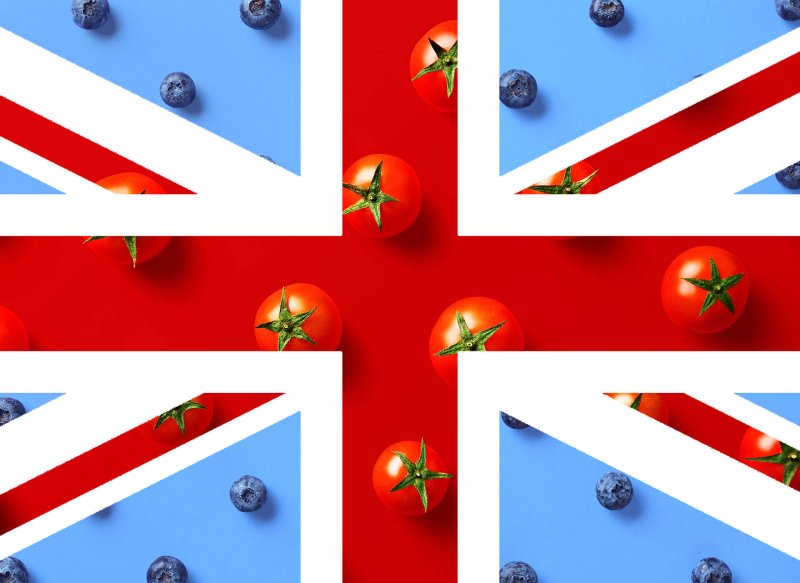[B]ecause of Brexit, [the UK] has an opportunity to diverge from EU [agricultural] regulations. In a consultation that [ended] on March 17, the UK government’s Department for Environment, Food and Rural Affairs (DEFRA) is proposing that gene-editing technology should not be regulated in the same way as GM, if it yields a result that could have been produced by conventional breeding.
The government’s aim is both to boost such research, and to accelerate the commercialization of gene-edited food and agricultural products. It is also asking for broader guidance on whether and how DEFRA should reform existing regulations governing organisms produced using genetic technologies.
…
In seeking to reclassify gene editing, the United Kingdom must also learn from its own past experiences. One reason why Europe has, so far, resisted commercializing gene technologies in food is because genetic technologies have evoked public concern around safety and environmental impact. At the very least, it means the UK government must avoid a narrative that the change is about cutting red tape or speeding up regulation — because that could suggest that safety and other concerns are not being taken seriously.
The United Kingdom is not alone in proposing to change its laws in this way. Other countries have been updating regulations to accommodate agricultural products created using genome-editing tools. Some, such as Argentina, Brazil and Japan, have developed a system in which gene-edited products are categorized on the basis of on how they were modified, and decisions are being made on a case-by-case basis. The United States also considers many gene-edited crops to be similar to conventionally developed crops.































